Apple faces tough challenges against antitrust regulators in the U.S. and EU
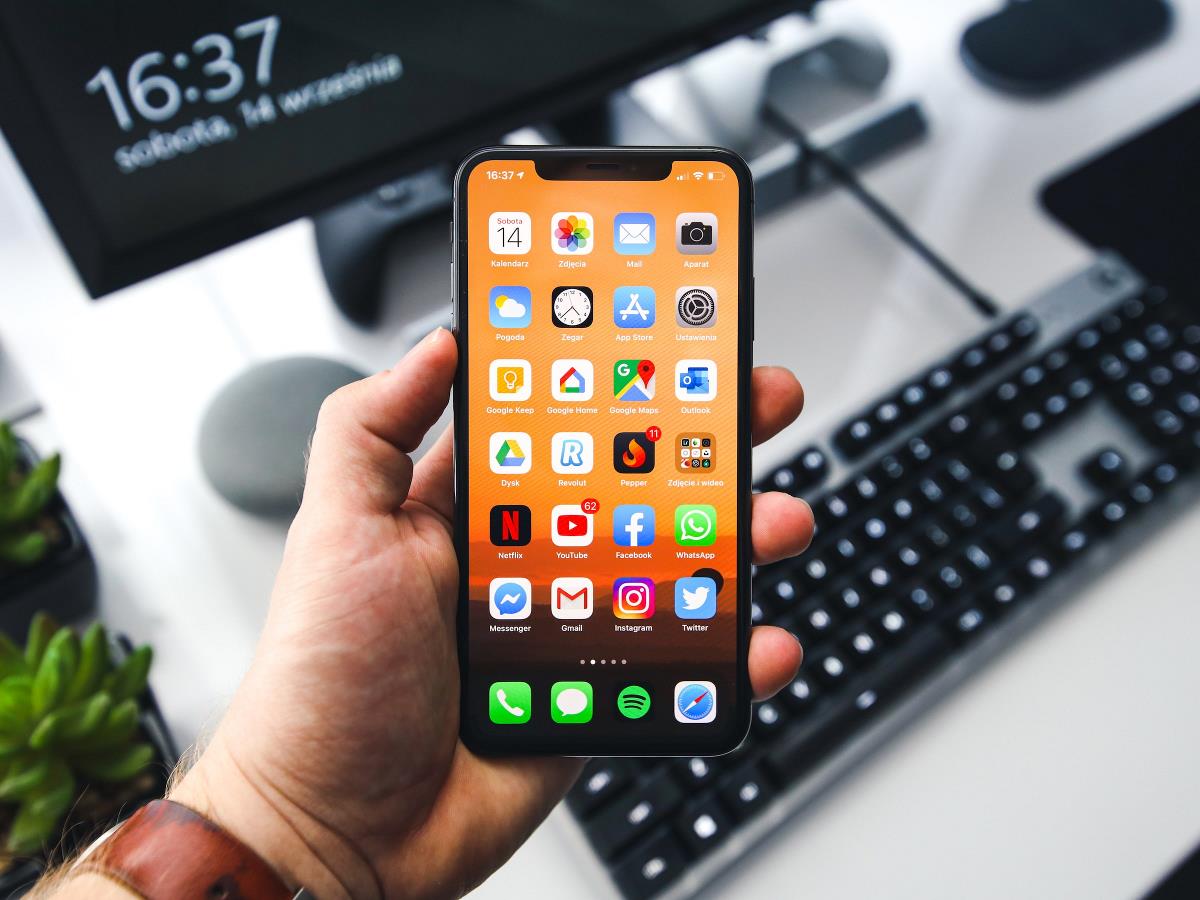
Apple has a rough ride in 2024, as it faces antitrust battles in the U.S. and the European Union. The results of these cases could make a big dent in the Cupertino company's revenue.
US antitrust trial against Google could impact Apple
A report by the Financial Times (paywalled article) outlines the legal troubles that Apple will face this year. One key factor is how the U.S. Department of Justice's antitrust trial against Google turns out. You may recall that Apple has defended the search giant a few times last year, calling it the best option available for users. We learned other interesting information as the case proceeded, including details about how Microsoft tried to sell Bing to Apple, and why the latter passed on the offer.
The highlight of the case is the partnership between Google and Apple. Google pays Apple a hefty sum of $26 Billion per year in order to keep its search engine as the default on the latter's devices and browsers, i.e. iOS, macOS, iPadOS, Safari and Siri.
According to Statcounter, Google Search is the number 1 search engine with a market share of 91.6%. It's even worse when you consider the Mobile Search Engine Market, where Google dominates with a whopping 95.48%. Of course a lot of this has to do with Android devices, because its Google's operating system, and it imposes rules for other OEMs to follow such as including a number of Google apps by default in their custom versions of Android. While Android may boast more users worldwide, it is a different story in the U.S., where Apple is the king. About 61.3% of users in the U.S. use iPhones.
With that in mind, you have to wonder how these numbers could be affected if Apple stops making Google as the default search engine. Google will probably retain its #1 ranking, but I think its user-base could drop by a significant chunk. This is likely to happen because there are many people who don't know how to switch to a different search provider.
That's precisely the DoJ's argument as well, which is why the antitrust authority has accused the Mountain View company of paying Apple to maintain its monopoly. The watchdog brought in executives from other search engine companies to hear how they had fared against Google, and most of them had said that it was nearly impossible to compete with Google, and that changing the default option is not something that users are familiar with. Even Microsoft's CEO, Satya Nadella, had testified that while Bing is inferior to Google, a deal with Apple could change the fortune of the Redmond company's search engine.
The antitrust case is drawing to its final stages, with the closing hearings scheduled for May 2024. If Google loses its antitrust case, it would have to break the deal with Apple, which could mean that the latter would lose about a quarter of the revenue that its services arm (App Store, Apple TV+ and Apple Music) brings in annually.
Apple's antitrust battle in the U.S. and EU
The App Store is a treasure trove for Apple, it brings in about $85 of revenue, thanks to the annual fees that developers have to pay to host their apps on the platform. Apple charges a 30% commission for all transactions that go through its App Store and payment systems. Sensor Tower estimates that Apple rakes in somewhere between $6 to $7 Billion each quarter, from commission fees through the App Store. So, that's nearly $24 to $28 Billion per year.
This "unfair fee" led to a legal feud against Epic Games, after Apple had pulled Fortnite from the App Store for using third party payment systems. While Epic did lose the battle against Apple, it managed to make an impact in California, as a judge ordered Apple not to prevent developers from steering users to other payment services. Apple was naturally displeased by the decision, and filed an appeal, but lost the injunction. The case is set to be heard by the U.S. Supreme Court this year. Epic Games had better luck in the antitrust case against Google which it won. Epic had accused Google and the Play Store of abusing its dominance and overcharging app developers (also a 30% commission), while preventing third party payment services.
The U.S. Department of Justice views Apple's App Store policies as unfair to the competition and developers. Jonathan Kanter, the head of the DoJ’s antitrust unit, says that the case against Apple is “firing on all cylinders”. The App Store's walled garden is under scrutiny, and the DoJ wants Apple to open its doors, to allow users to sideload apps. This could be beneficial for users, but the company is likely to put up a strong fight to protect its interests, by which I mean the millions of dollars it earns through transactions made via the App Store. However, time is running short for the antitrust authority to bring the case, as the US presidential election is scheduled for this year, with a potential change in the administration.
Things aren't exactly working out well for Apple across the pond either. The European Union designated Apple as a gatekeeper under the Digital Markets Act last year. This means Apple has to open up its App Store, and allow users an option to install apps from third party stores. The company's executives have criticized the decision, suggesting it could lead to security issues, and has held talks with the EU. Apple has until March 2024 to comply with the new law, which in turn could mean more loss of revenue for the trillion-dollar company. It remains to be seen whether browser makers like Google and Mozilla will be able to use their custom engines for Chrome and Firefox respectively.
Apple is also set to face the heat in Japan, as the country's antitrust regulators are working on laws to allow sideloading on mobile devices. This could result in rival app stores spawning across iOS, and more revenue lost for Apple.
Competitors could cash in on the situation, to launch their own app stores and payment methods. Epic Games could bring its own iOS app store along with Fortnite for iPhone. Likewise, Microsoft is reportedly working on launching its own app store for mobile devices. Individual developers who cannot afford to pay the annual fee to Apple could also benefit from the openness that the result could provice. Hopefully these changes will lead to a good app store for open source apps like F-Droid for iOS, and provide more options for iPhone users to choose from.





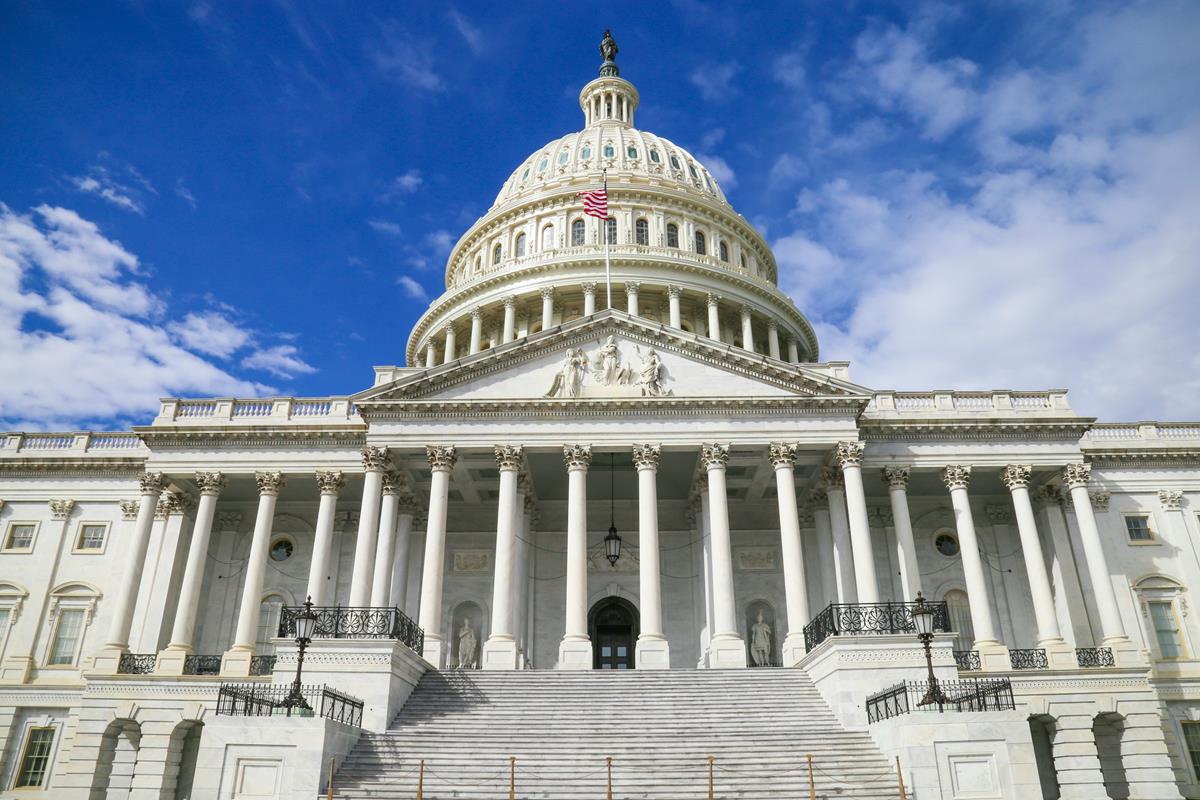

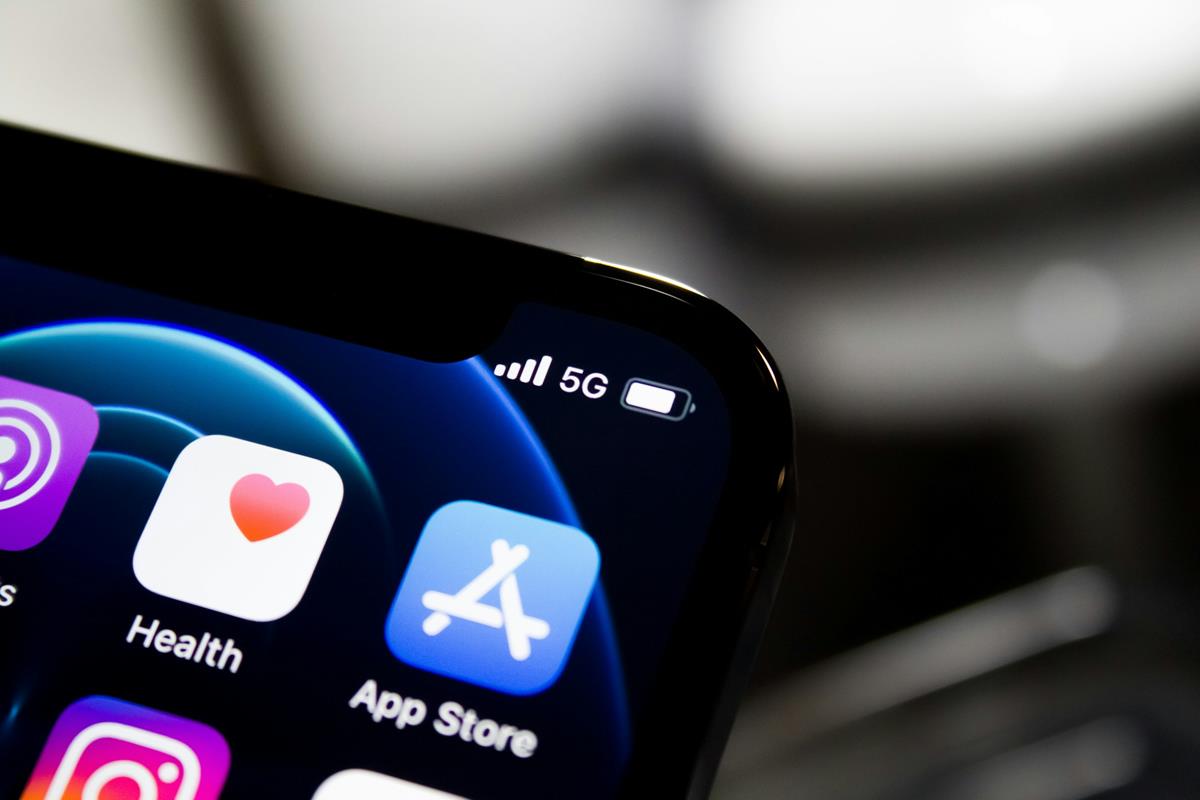
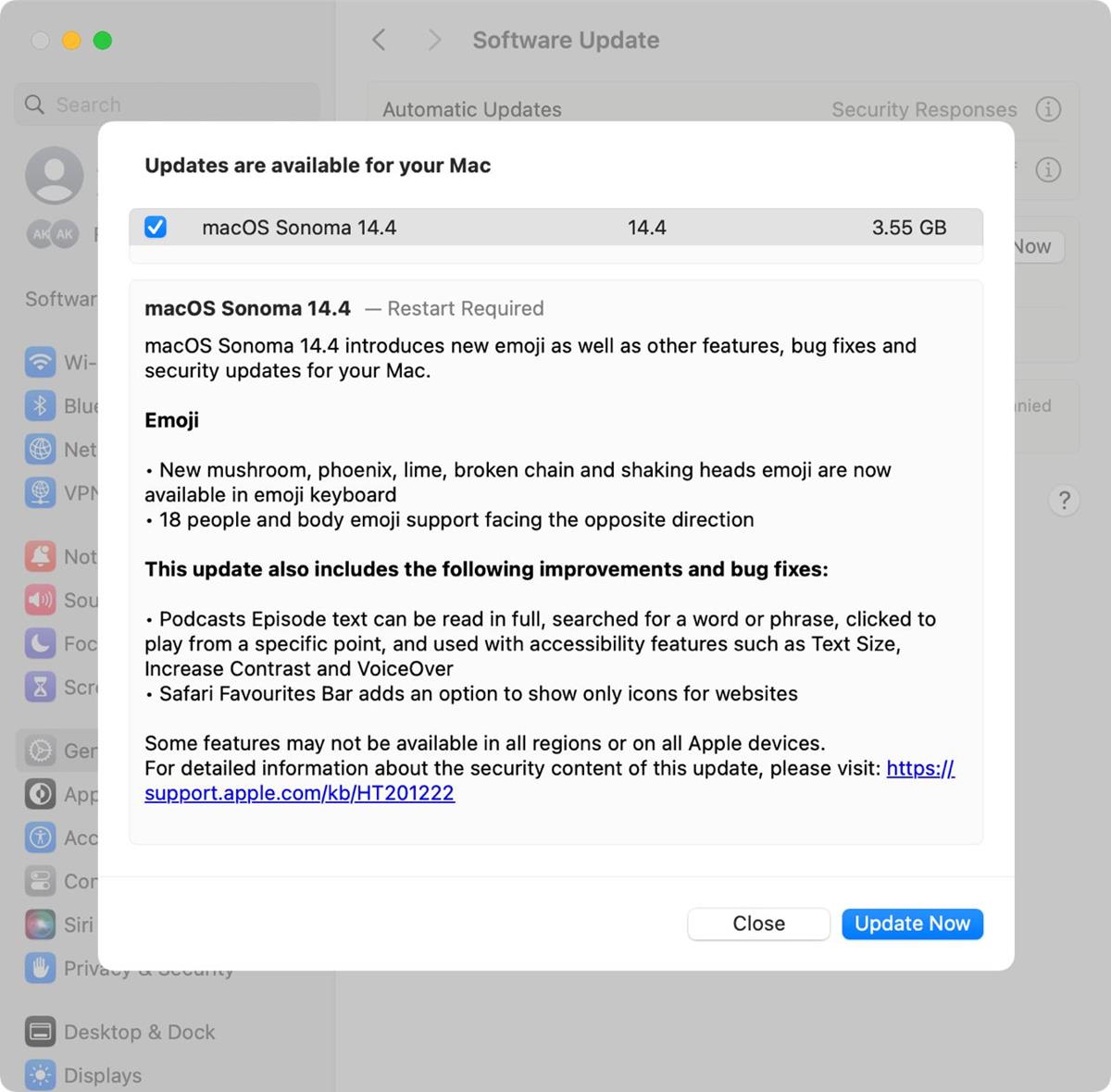


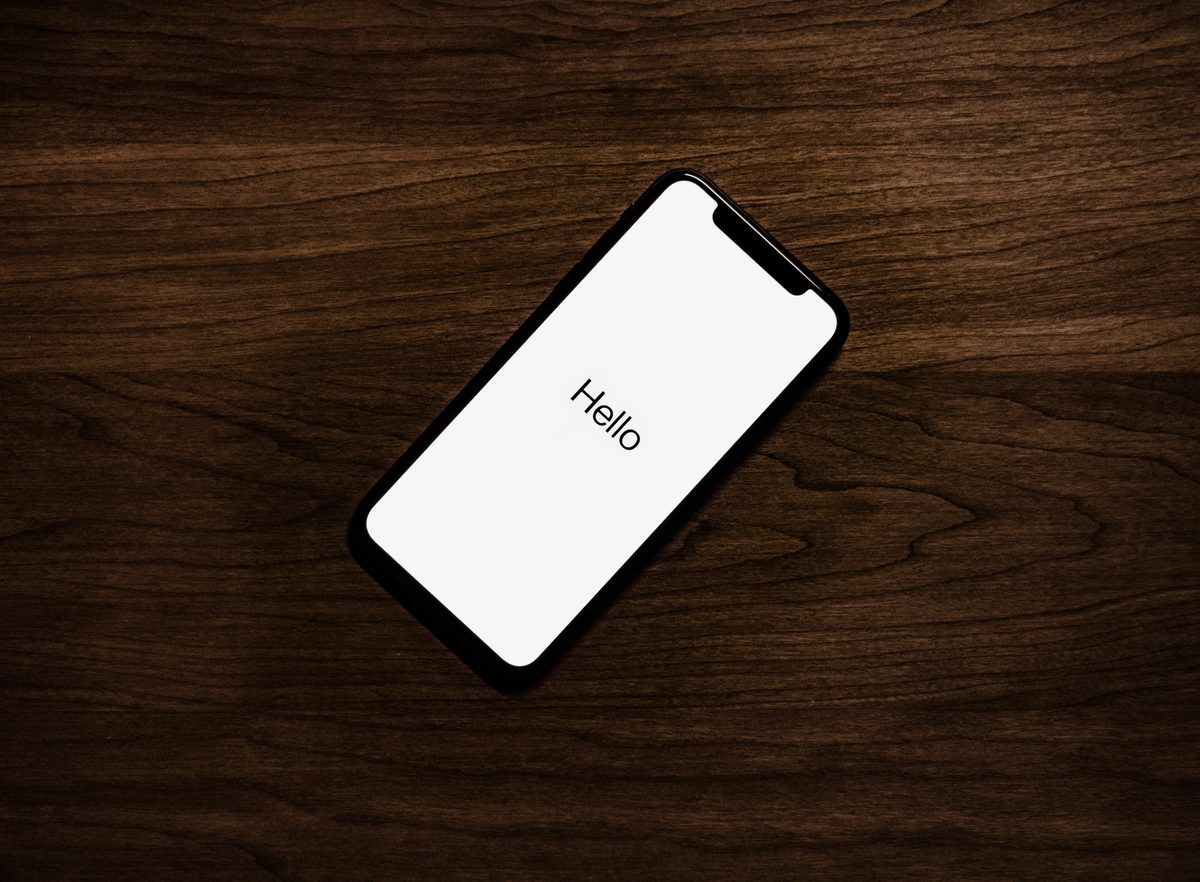










I’m not sure $85 in revenue is worth it though….
I like Apple products, but it’s about time Apple get’s challenged on their closed off ecosystem. Not that Apple is exclusive to this type of control. But they certainly should not be immune to legal challenges. I am sure Apple’s legal team will aggressively defend Apple’s position as it makes Apple a lot of money to do so.
I hate Apple devices and software. Maybe if they open it up, I would like it more.